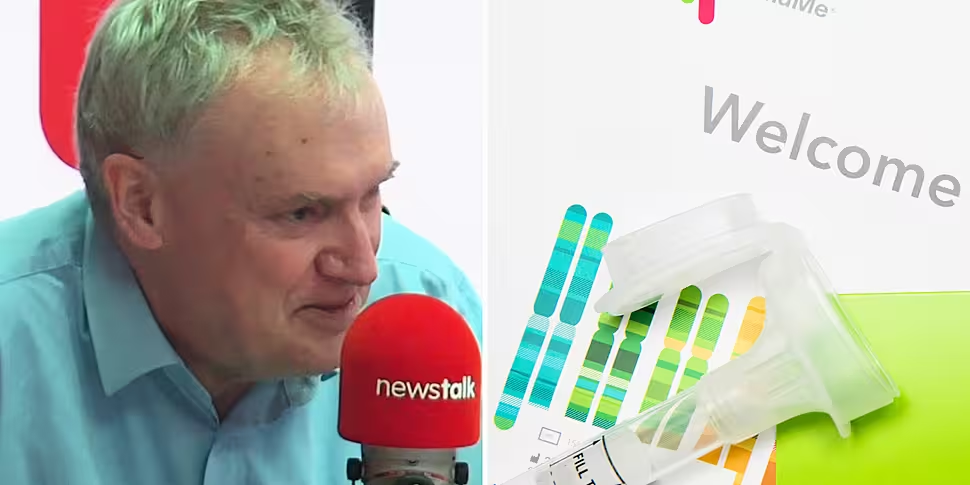American genetic testing and biotechnology company 23andMe has announced its bankruptcy.
15 million people have used the service to get their genes and DNA analysed since it was officially launched in 2007.
Now, questions are being asked about what will happen to the company’s store of personal genetic information.
Professor Luke O’Neill told the Show Me The Science podcast that consumers can ask for their data to be deleted if they want.
“The Attorney General of California, Rob Bonto, has said delete your sequeces, because the legal position of these DNA sequences in terms of privacy isn’t that clear,” he said.
“Especially if it’s all bought by a company outside the US which wouldn’t follow these sorts of things.
“The kinds of things that people are worried about would be, what if an insurance company got a hold of your DNA sequence? Would they then load your premium or refuse to give you health insurance because of your risk of diseases? That’s one concern that might be there.”
 Patient suffering from stress, eye pain and migraine visiting doctor at hospital. Alamy.com
Patient suffering from stress, eye pain and migraine visiting doctor at hospital. Alamy.comProf O’Neill said it’s “a bit of a shame” that 23andMe has had to file for bankruptcy.
“Why has it gone bankrupt? Well, they kind of reached peak sales, it looks like, because this is a once-off product, you don’t get repeat business,” he said.
“You’re not going to go and get your DNA assessed a second time, unless they have a clever way or sort of doing more analysis, that was one issue.
“They were making money, and they diversified, and many companies diversify to keep the business growing."
Drug discovery
According to Prof O’Neill, the company had invested money into drug discovery, which was unsuccessful.
“They knew the information in the DNA samples could be useful to discover new medicines,” he said.
“Let’s say you find a gene in the database of all this DNA that says that person has a risk of getting, say, progressive MS (multiple sclerosis), for instance, one I came across.
“You might target that then with a new drug, so they tried that and that didn’t work either, because it’s very difficult.
“They had a fair bit of money, they did a deal with GSK which brought in $350 million to help GSK hunt for drug targets.
“They raised $600 million in a deal with Richard Branson Company and that failed and they’re left with $40 million.”
Prof O’Neill said that seven million people’s data was also released by hackers, which led to the company having to pay out $23 million to the victims.
Main image: Luke O'Neill (L) and genetic testing kit from 23andMe (R).









